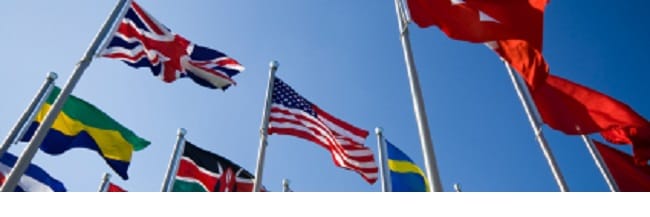Find top international, British, IB and American schools in over 40 countries.
Reviews are independent and forthright, and we stand behind every one of them. Search now

Coming Home To Roost: The Pleasures and Perils of Returning to School in the UK
Where to Live in Paris: Neighborhoods and Schools
Choosing Schools for Small Children - written for Russia but useful worldwide
Accreditation Agencies/Inspection Organisations: Which Ones Are Real?






